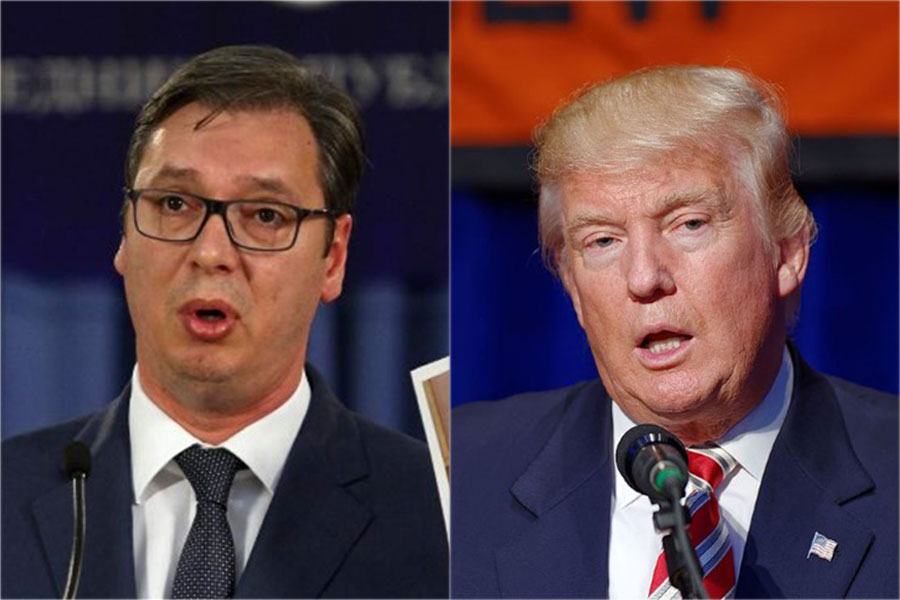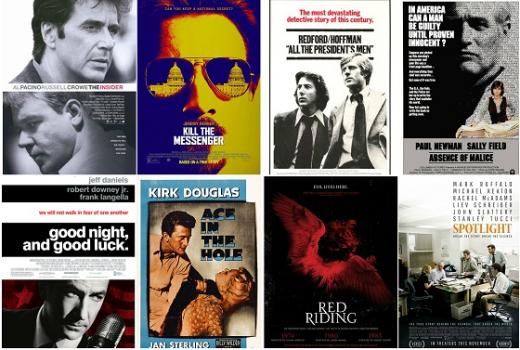Each of them faced a different kind of challenge during their tenure. The six-year mandate of the German politician, activist, writer and journalist, the first Representative on Freedom of the Media, Freimut Duve, marked to a significant extent the period of turbulent war and post-war political and media events and upheavals in local areas, at the turn of one century into another. The bans on Radio B 92, the radio and TV station of the Association of Independent Electronic Media, were once the occasion for his very harsh statements that contributed to the alarming of the international community and the proactive role of influential actors who, apart from political challenges, had to focus on the media scene, often, to our almost daily communication. Being a guest at one of the conferences organized by B 92 and ANEM was one of the symbolic gestures of support on our painful path to freedom, which, unfortunately, did not come until today, after all, just as there was no reconciliationwith the past. (Duve talked about the German experience of dealing with a bad past).
The mandate of the second Representative on Freedom of the Media, Mikloş Haraşti, coincided with the local media transition in the constant struggle for the consistent application of the adopted legislative framework, whose selective implementation was not accompanied by the clearly expressed political will of the then ruling elite. The Hungarian journalist, writer and University Professor is a chronicler of the world economic crisis, which in the second half of his mandate fundamentally set back and redefined the local media scene.
Dunja Mijatović’s seven-year mandate remains remembered as very meaningful and proactive. The fact that this expert on human rights, regulatory and media policies comes from Bosnia and Herzegovina and that during her mandate there was no language barrier that allowed her to follow what is happening on the local media scene, daily and directly contributes to the somewhat subjective assessment. Part of her mandate coincided with the process of drafting and implementing current Serbian media laws and the one-year presidency of the Republic of Serbia in the OSCE, during which, together with the Ministry of Culture and Information, an international conference on the safety of journalists was organized in Belgrade. Dunja Mijatović was a direct witness during the process of the creation of the Commission for Investigating the Murders of Journalists (whose establishment she directly supported in the first meeting with Aleksandar Vučić) and the Permanent Working Group for the Safety and Protection of Journalists, which today are indispensable toponyms of the local media struggle.
Dunja and her team were also part of the „Chronicle of Threats“ campaign of the Commission for the Investigating the Murders of Journalists, against violence against journalists and the media, which received a large number of international and domestic recognitions, and the Bronze Lion from the Cannes Festival adorns the entrance to the Office’s premises in the OSCE headquarters in Vienna. The constant engagement and awareness of the then government’s activities and attitudes contributed to the fact that the then Prime Minister Vučić, at one of the Government sessions that preceded the adoption of the media laws, publicly asked the then State Secretary for Media, Saša Mirković: „Will Dunja Mijatović be satisfied now?“ This kind of reaction from the highest place of the executive power is one of the best proofs of the commitment of the Ministry of Culture and Information during the mandate of Minister Ivan Tasovac towards the consistent implementation of the first Media Strategy and the creation of the first database that contained all examples of attacks on journalists and the media. Such activities contributed to Serbia’s 2014 reaching the highest historical ranking so far, 54th place on the Media Freedom Index of Reporters Without Borders, which did not correspond to the restraint of the then Representative for Media Freedom.
The fourth Representative on Freedom of the Media, Harlem Désir, will be best remembered for the fact that during his visit to Belgrade, he visited the place of the murder of Slavko Ćuruvija on the anniversary of his tragic execution. During his mandate, the former French minister, together with the Media Department of the OSCE Mission to Serbia, had a proactive role in the multi-year process of drafting the current Media Strategy.
Teresa Ribeiro, the fifth Representative on Freedom of the Media, recently visited Serbia. Her significant experience in politics, diplomacy, the field of human rights and the media gives us hope that the Representative on Freedom of the Media will be our comrade in the future. In cooperation with the head of the OSCE Mission in Serbia, the engaged Ambassador Jan Braathu and the extremely competent team of the media department, I believe that they will leave a very significant mark in the fight for media freedom, against impunity for violence against the media and in building an effective response to threats and violence, as well as preventive mechanisms.
Time passes, policies and regimes change, but our common goal remains – the fight against undemocratic tendencies that are in disagreement with freedom of expression, basic human rights and internationally recognized criteria of civil liberties and openness, which should characterize democratic societies and responsible authorities.
We still need an experienced, impartial, independent and objective person of international reputation in the position of Representative on the Freedom of the Media because of media laws, media pluralism, media self-regulation, hate speech, decriminalization of defamation, safety of journalists, freedom of the media on the Internet, safety of women journalists on social networks, digital transformations of the media sphere…
A quarter of a century behind us presents the best proof that we need it for the next twenty-five years as well. The least. And maybe forever, as things now stand.








 Vučić i Tramp: Netrpeljivost prema medijima i podrugljivo odbacivanje drugačijeg mišljenja
Vučić i Tramp: Netrpeljivost prema medijima i podrugljivo odbacivanje drugačijeg mišljenja Silovanje ili cenzura: Na šta to smrdi Pepe le Tvor?
Silovanje ili cenzura: Na šta to smrdi Pepe le Tvor? Filmovi o novinarima i za novinare
Filmovi o novinarima i za novinare
Ostavljanje komentara je privremeno obustavljeno iz tehničkih razloga. Hvala na razumevanju.